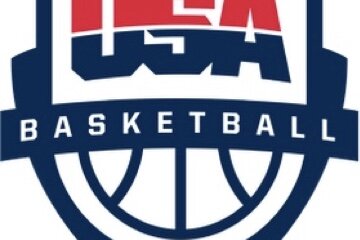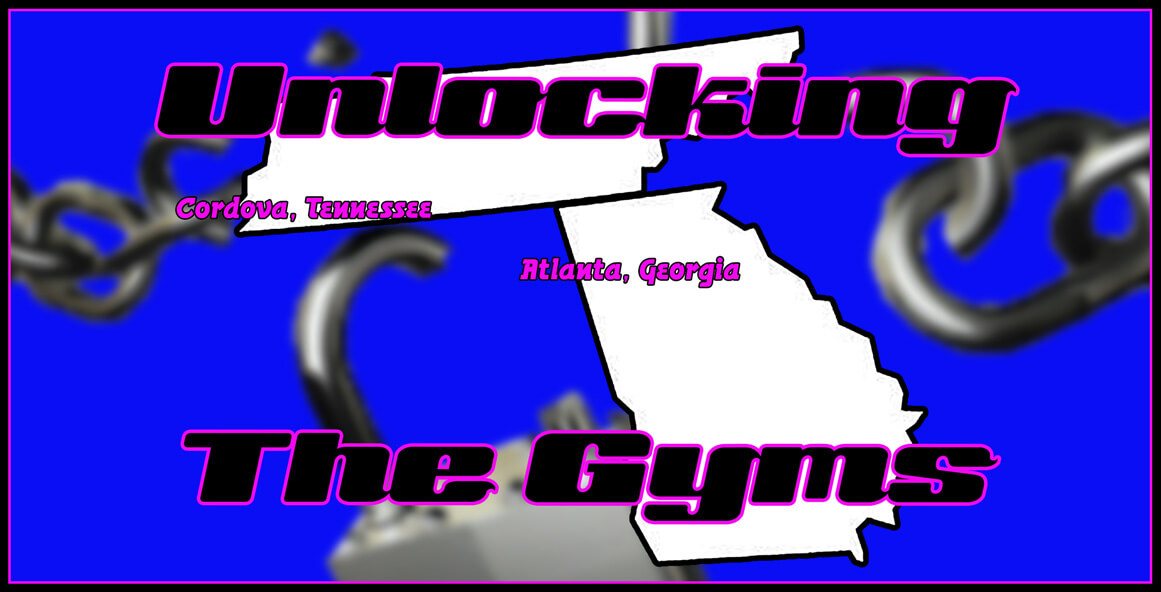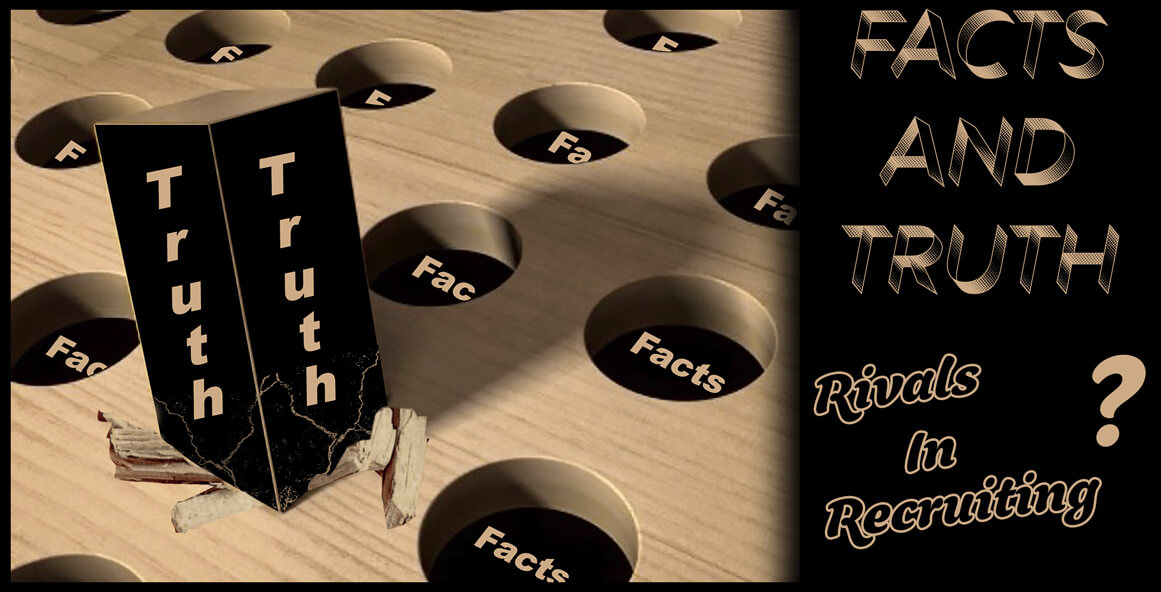
Indulge me for a few moments as I use some personal experiences and observations to make a point important not only in the recruiting process but in the selection of a club coach, personal trainer or even a high school coach in some situations.
The past couple of months have provided several moments leading to thought about the role that a coach can play in the life of an athlete. I’m not just talking about the development and advancement of skills or the rapport shared in practice or at game time. As I watched several college and high school “senior nights” I saw some heartwarming and genuine moments that revealed much more than just an X and O relationship. One father of a nationally prominent collegiate player shared a touching photo with me of the tearful embrace between his daughter and her club coach who had surprised her at her last home game. Even social media is providing some insight to these relationships as you read some of the posts and tweets that are more about who people are rather than what they do. It’s much more revealing to hear about caring, character and work ethic than scoring, honors and self-adulation.
For myself it was the recent passing of one of my own coaches, John Post. I hadn’t “played” for him since 1976 but make no mistake…he was, and still is, my coach. His loss led me to give thought to the impact he had on my life as a teacher, a coach and as an individual. Granted, he had a lot to do with any skills or success I ever had as a player but that was so very, very little of what he taught to me over the years.
John Post’s greatest lesson came not specifically through what he shared with you but how he approached and lived his life. Unyielding high standards…meticulous attention to detail…focus and effort from start to finish…and an absolutely uncanny ability to drive you to expect the very same from yourself. All defined who he was, but it’s that last one that remains the gift that keeps on giving all these years later despite the gray hair, bad knees and creative memory about my own playing days.
As a player he didn’t coerce you to perform out of fear as some coaches seem to naively rely upon these days. Nor did his players feel compelled to go the extra distance just to cater to him in the hopes of more playing time. He taught you to ask more of yourself and to take pride in whether or not you had done all you could in preparation. When things didn’t go your way you didn’t point fingers or question the coaching. He led you to answers that made you ask what more can I do and how can I do it better. John Post was teaching “ownership” to young people long before it became a catchphrase and hope for today’s generation.
That’s why his influence has remained a constant for me all these years and will continue to do so even in his absence. In speaking at his services I mentioned that “good bye” wasn’t really an option as his voice and his example will always be with those of us who were fortunate enough to have had him in our lives. And that’s where we come full circle to the role that a coach can play in the life of an athlete.
The basketball is a given. Of course they need to be able to refine a player’s game, develop a team on both ends of the floor and manage the ups, downs, ins and outs of preparation and competition. But a “real” coach teaches so much more. Ask someone who has some of that gray hair about the best coach they ever had and they won’t be telling you about what a great job their mentor did teaching them footwork on the block or offensive spacing in the halfcourt. It’s almost always about those intangible, engrained habits that carried over to life outside the gym or the personal interaction that helped them mature, grow and succeed that they’ll share with you.
It’s time for players and parents to expect more of their coaches. Whether its club, high school or even the selection of a coach in the college recruiting process, the bar needs to be set higher. And stealing a page from John Post’s book, compromising and settling for less should never be an option.
It’s also time for coaches of all levels to step up and provide beyond the obvious. It’s not enough that the extent of what an athlete takes away from a relationship is basketball specific. A team, a game, a practice and all the time spent between coaches and players are opportunities to cultivate and influence for a lifetime rather than just for one season or the boundaries of a playing career. Coaches should commit to making their voice one that will be heard and their example one that will be followed long after the last game ends.
John Wooden said that a coach “first of all is a teacher”. That was much simpler years ago before today’s continually changing personal, academic and athletic cast of characters in the lives of young people. The transient coaching landscape of high school, club and even college basketball offers few scenarios in which adults can still have a lifelong impact. Yet the trust given a coach requires that the effort still be there.
In reality, coaching is about helping athletes understand how to achieve their potential. Contrary to the claims you often hear, no coach ever “made” a player. They can provide structure, schedule games, teach skills, and offer direction but in the end, any accomplishment is that of the athlete. A coach’s reward comes in lessons learned, potential achieved and the lifetime of possibilities that ultimately result for their players.
I took some personal liberties with the title of this column (“Post-Marked”) using both John Post’s name and my own as well as our images. Yet there is still a legitimate analogy between postage and an athlete. A stamp represents potential but without a postmark…it’s going nowhere. With the imprint of the post office, the destinations it might reach are virtually limitless. The same applies with athletes; the right impression from a coach opens doors to a wide world beyond the boundary of the court and the walls of a gym. Sticking with the same analogy, the cost of postage continues to go up, but the price is well worth paying. In a Fed-Ex world, a first class coach is still something worth adding to your collection.
Mark Lewis is a national evaluator and photographer for Blue Star Basketball as well as the lead columnist for Blue Star Media. Twice ranked as one of the top 25 Division I assistant coaches in the game by the Women's Basketball Coaches Association (WBCA), he logged 25 years of college coaching experience at Memphis State, Cincinnati, Arizona State, Western Kentucky and Washington State. Lewis serves as a member of the prestigious McDonald’s All-American selection committee as well as the Naismith College Player and Coach of the Year committees.

Latest Articles
-


Christopher Lawlor
/ 9 hours agoSTARS SHINE: Diop, Hudson earn Co-MVPs at 23rd Pangos All-American Camp in Las Vegas
LAS VEGAS – The Pangos All-American Camp did not disappoint. For three days the...
-


Christopher Lawlor
/ 2 days ago23rd Pangos All-American Camp tips off in Las Vegas with nation’s elite players congregating for national showcase event
LAS VEGAS – The summer circuit is nearly two months old but it really...
-


Christopher Lawlor
/ 7 days agoU16 USA Women’s Basketball National Team roster selected for 2025 FIBA AmeriCup in Mexico from June 16-22
COLORADO SPRINGS, Colo. — USA Basketball announced today the 2025 USA Women’s U16 National...
-
Christopher Lawlor
/ 7 days agoU16 USA Men’s Basketball National Team roster chosen for 2025 FIBA AmeriCup next week in Juarez, Mexico
COLORADO SPRINGS, Colo. – The team is set and now for the games South...




